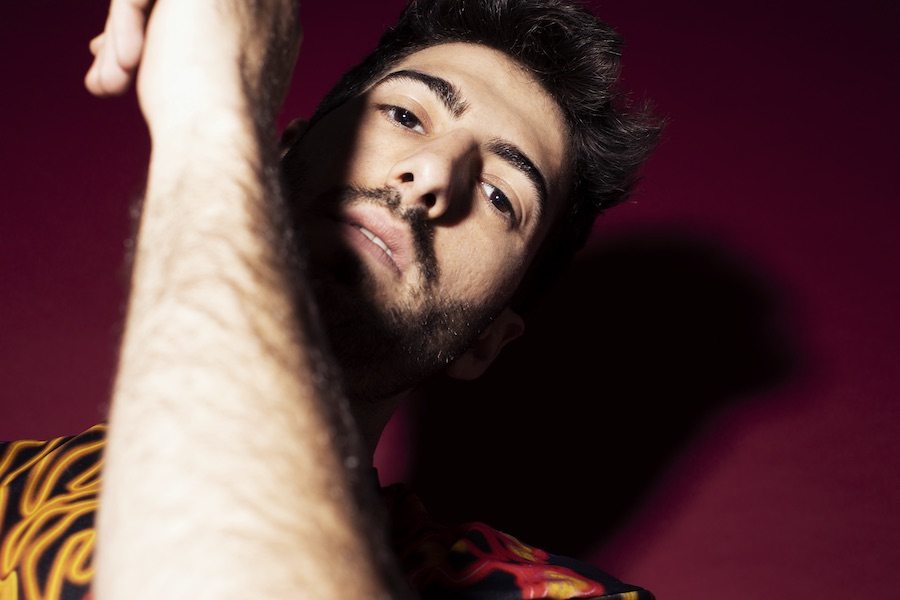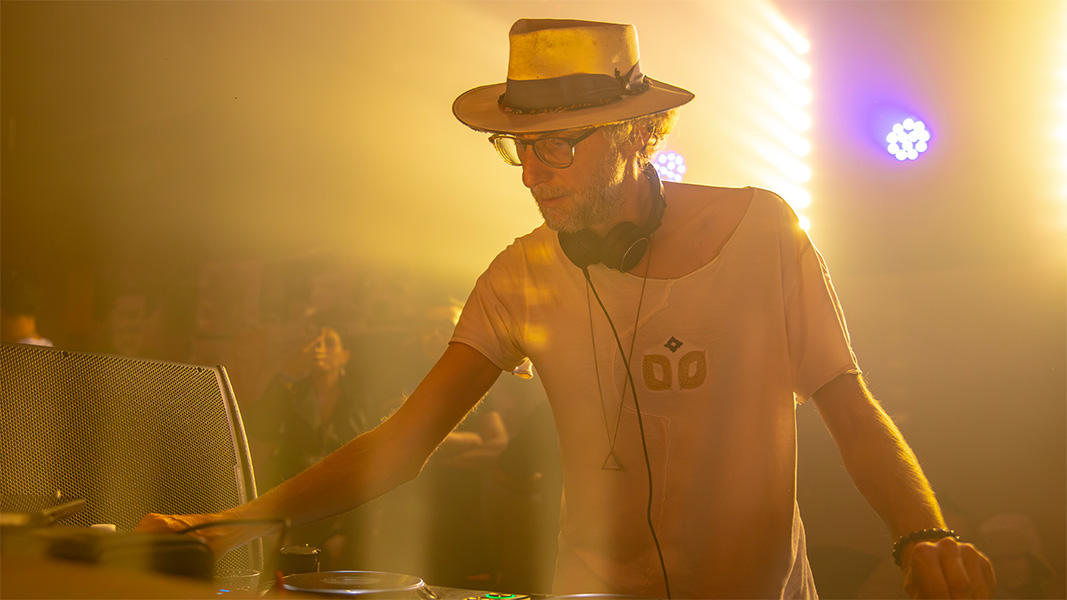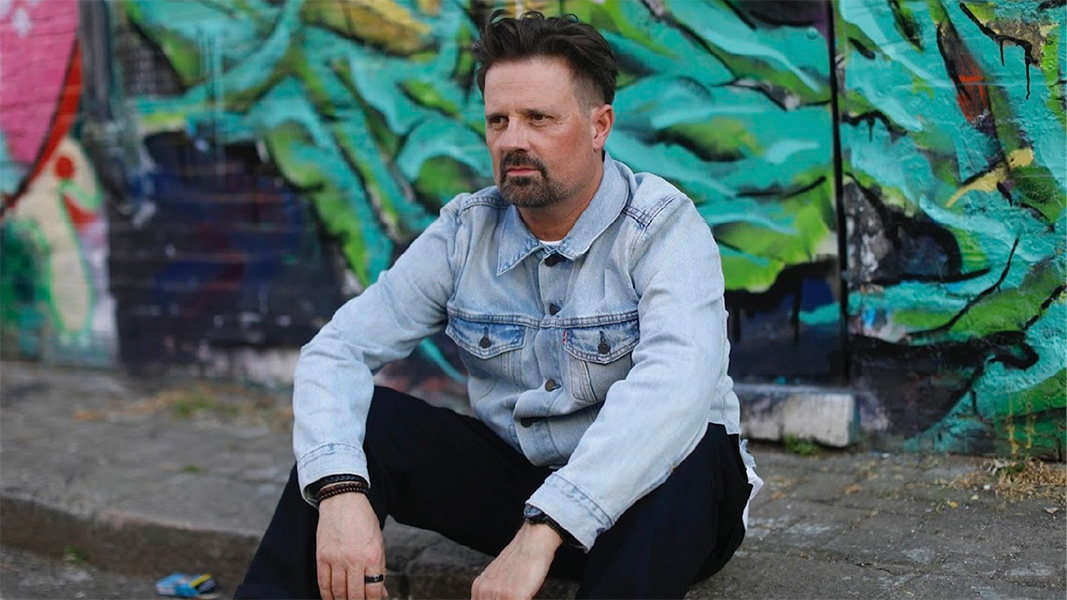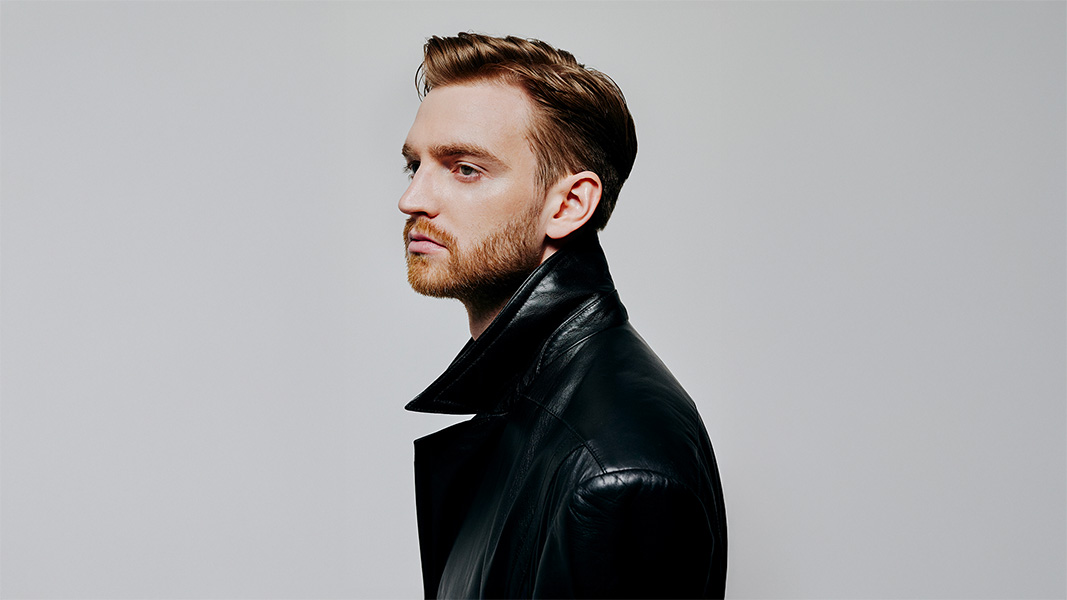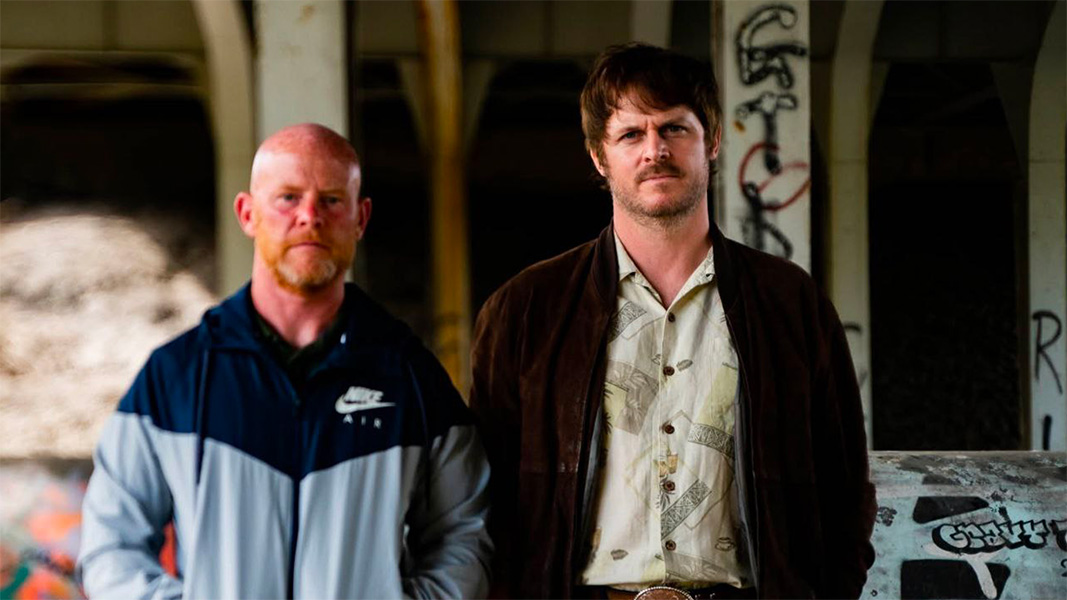Still enjoying considerable international acclaim off the back of his Third Eye EP on Multi Culti and Like A Dream on TAU, eminent Tel Avivan producer and label regular Genish now returns to Ya Hala Ya Hala with his latest original two-part offering, ‘Missing / Monologue’.
Introducing the double-sided cut with the undulating opener ‘Missing’ – a production that was released by psychedelic choir and sleek rock ‘n roll band Radiant Reveries back in 2021 – Genish conjures a majestic blend of warped leads, swung triplets, and ethereal vocal refrains, all intertwined beneath an intricate web of bluesy guitar licks, warm basslines, and luscious instrumentation. Next up is the delectable closer, ‘Monologue’. Embarking on a captivating excursion of four-four rhythms and trippy, melodic sound palettes, Monologue sees Genish exploit his production credentials as he delivers a stunning new original that demonstrates his extensive musicality.
You can now listen to the full premiere of Genish’s ‘Missing’ while reading the great interview we had with him. Enjoy!
WWD: Hello Genish, Tell us something about your day.
Hey guys, my day is wonderful. I’m resting after a busy holiday period in Tel Aviv, so today I’m back in the studio after a good breakfast.
WWD: First things first, how did you come up with your artist moniker, Genish? Is it a hint to your character or a special interest?
So Genish is my surname, but behind it there is indeed a deep connection to my music, Genish is a transliteration of the word Ganesha, the Indian god of love. The Tripolitanians moved hundreds of years ago to India and adopted this name, and when I looked for the name for myself, I examined what it meant, and I felt very connected because of what I came to convey. love for everything
WWD: You’ve lived in New York and Tel Aviv. Where are you now, and do you like moving?
I currently reside in Tel Aviv, but my heart will always long for New York, and I love to travel and move around a lot. I’ve always believed that this involves a significant energetic shift that takes you personally to new depths, which naturally has an impact on my music.
WWD: Is “feeling home“ for you personally bound to a city or the place you live in?
No, the things I like to know, the locations where I feel grounded and safe, and of course, the friends you make along the journey, are what make me feel at home.
WWD: Let’s speak a little about your music. Your first EP, Venga To Rinwo on Ya Hala Ya Hala is almost three years old now, and you’ve got a new one coming up on the label named ‘Missing’ Can you tell us a bit more about this release?
The new release is a collaboration with the talented Radiant Reveries that really came to show hidden corners inside my heart; there is something about this EP that is much more electronic and romantic. The melodies come from a different place. I feel that the music is made from a more mature place in combination with the captivating vocals from Radiant Reveries in “Missing.”
WWD: Can you tell us a bit about your relationship with Ya Hala Ya Hala and how did you end up releasing your music on one of the industry’s finest labels?
Everything was so accidental; I was looking for a home for my music, and when you start, you don’t have many connections. At some point I found the Facebook page of Eiad (Bambook), Ya Hala Ya Hala label boss, and I saw that he is connected to many mutual friends of mine and people I appreciate, and that he himself is a well-respected DJ and producer in the music industry.
I sent him a link with some demos and wrote to him, “I would love to know his thoughts about my music because I didn’t really know what people thought or felt about it.” The next day, he offered to sign the EP to the label, and I jumped at the chance. I believed in him as much as he believed in me, and over time, he became my manager.
WWD: In what ways have you noticeably evolved personally and musically?
Life and perseverance, I believe, are always helpful. Particularly, the Corona period gave me a lot of time to just sit in the studio and contemplate testing myself endlessly. In these two years, I worked in the studio in a very Sisyphean manner to discover myself, and I believe that what came next is what caused me to further develop it. My belief is that I came to this world to share my musical tale, and I don’t aim to join trends that don’t relate to my story or be intimidated by them. This outlook never weakens me and constantly guides me toward my objectives.
WWD: Where does this fascination for this particular sound and aesthetic come from?
I think it’s a combination of so much music that I’ve absorbed throughout my life, from being a dancer and constantly listening to diverse music from the age of 8, to what my parents would play at home, which could be music in Turkish, Arabic, or rock, to living and experiencing New York, until you reach a certain understanding of what you connect to and what touches you.
WWD: What are the three tracks that left such an impression on you that tied you to the House-scene and where did you first listen to them?
It’s really difficult to respond to this.
1. Acid Arab – La Hafla – In 2017, I went to Burning Man, where Viken Arman performed a morning set lasting five hours. I recall hearing this track in his set, and my mind literally blew.
2. Gnawa by Chaim At a party by the sea in Tel Aviv, Chaim performed live, and when this song began to play, the crowd went absolutely crazy. Everyone screamed, and I will never forget that particular moment.
3. Acid Pauli – Nil, which Satori played at the Zero Party in New York. I remember being in awe of what I heard. I was 20 years old, and it felt like someone had taken music from my heart and made me listen to it.
WWD: What freedom do you enjoy when producing music?
I believe that when I create instinctively and without any constraints or thoughts, I feel the most liberated in the studio. when I sense the birth of something new in myself.
WWD: What do/did you do when you are/were creatively stuck? Do you have a go-to synth or studio-gadget that does the trick?
It varies a lot; sometimes it can be going to the beach or the pool or just having a deep conversation with a good friend. Sometimes you have to rest and do nothing so that there is room for it.
Sometimes it’s a sport. Or simply try things and situations in the studio that you haven’t tried—a synth that you borrowed from a friend, a plug-in that you haven’t used yet—and start the whole sequence of operations differently. It varies from situation to situation. To be sure, there is no shortage of ways to create when you feel stuck.
WWD: Last year, you released a three tracker called The Third Eye on Multi Culti and two tracker this year on TAU titled “Like A Dream’ Would you say this generally describes your approach to music? Where does this general vibe come from, and why do you find beauty in it?
I think that, in general, the releases are very different from each other. The release on Multi-Culti is made up of three periods of my life in terms of age and production skills until it came to light. The release on TAU grew out of a very ripe, spontaneous place. Regarding the vibes, I think they are different but similar. This means that the pieces of work in both are very special and go down to the smallest details. And also, at the level of the bass line that is in each track, I feel that all these tracks represent me with respect in the music industry. and I love every single one of them.
WWD: Are you a dreamer yourself, or is there an attribute that matches your personality?
I am absolutely a person who dreams, imagines, and marks goals. I am addicted to work and doing, and above all, I am addicted to the studio and making a lot of music. Every track I make, I imagine how it will affect the audience.
WWD: When is it better to have music do the talking rather than words, or what can music express better than words can?
I think that music can express everything you feel or think. I am a person who likes to talk a lot, but today I feel that I am understood much more thanks to my music.

